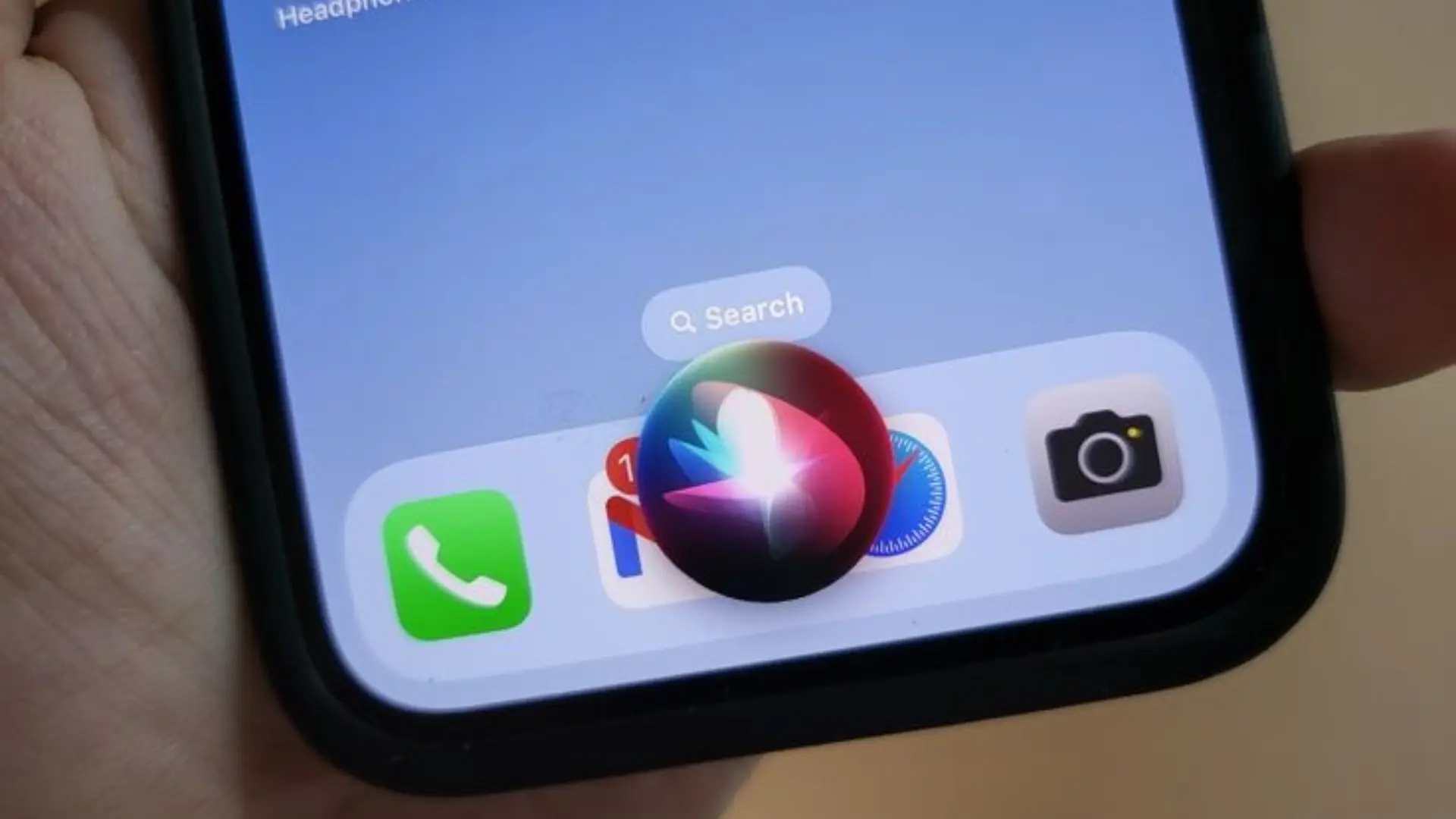Abraham Lincoln, known as the “Great Emancipator,” is often remembered for ending slavery in the United States. However, his views and actions on the topic were more complex than is commonly understood. Here are three lesser-known facts that shed light on Lincoln’s evolving perspective on slavery.
Lincoln Wasn’t an Abolitionist
While Lincoln believed slavery was morally wrong, he wasn’t an abolitionist. The U.S. Constitution at that time protected slavery through clauses like the fugitive slave clause and the three-fifths compromise, making it legally entrenched in the nation. In a lengthy speech in Peoria, Illinois, in 1854, Lincoln clearly stated his opposition to slavery from moral, legal, and economic standpoints. However, he also admitted uncertainty about how to dismantle it within the existing legal framework.
He Didn’t Support Full Equality for Black Americans
Although Lincoln believed that “All men are created equal,” he didn’t advocate for complete equality between Black and white people in his early years. In his debates with Stephen Douglas in 1858, Lincoln clarified his views, saying he opposed granting Black people the right to vote, serve on juries, or hold public office. While he believed that Black Americans deserved the opportunity to improve their social and economic conditions, he was reluctant to support full equality.
Lincoln Thought Colonization Was a Solution
For much of his career, Lincoln thought that colonization, or relocating Black Americans to Africa or Central America, was a viable solution to the issues surrounding slavery. Inspired by figures like Henry Clay and Thomas Jefferson, Lincoln initially promoted the idea that Black and white Americans might struggle to coexist peacefully. As late as the 1850s, he considered the possibility of encouraging freed Black Americans to settle in Liberia, a nation established for former enslaved people.
These lesser-known aspects of Lincoln’s stance on slavery reveal a man grappling with deeply rooted social, legal, and political complexities, gradually evolving his views in the years leading up to the Civil War and the Emancipation Proclamation.
Also Read: Who Do You Think Is Ahead In The U.S Polls – Donald Trump Or Kamala Harris?


















